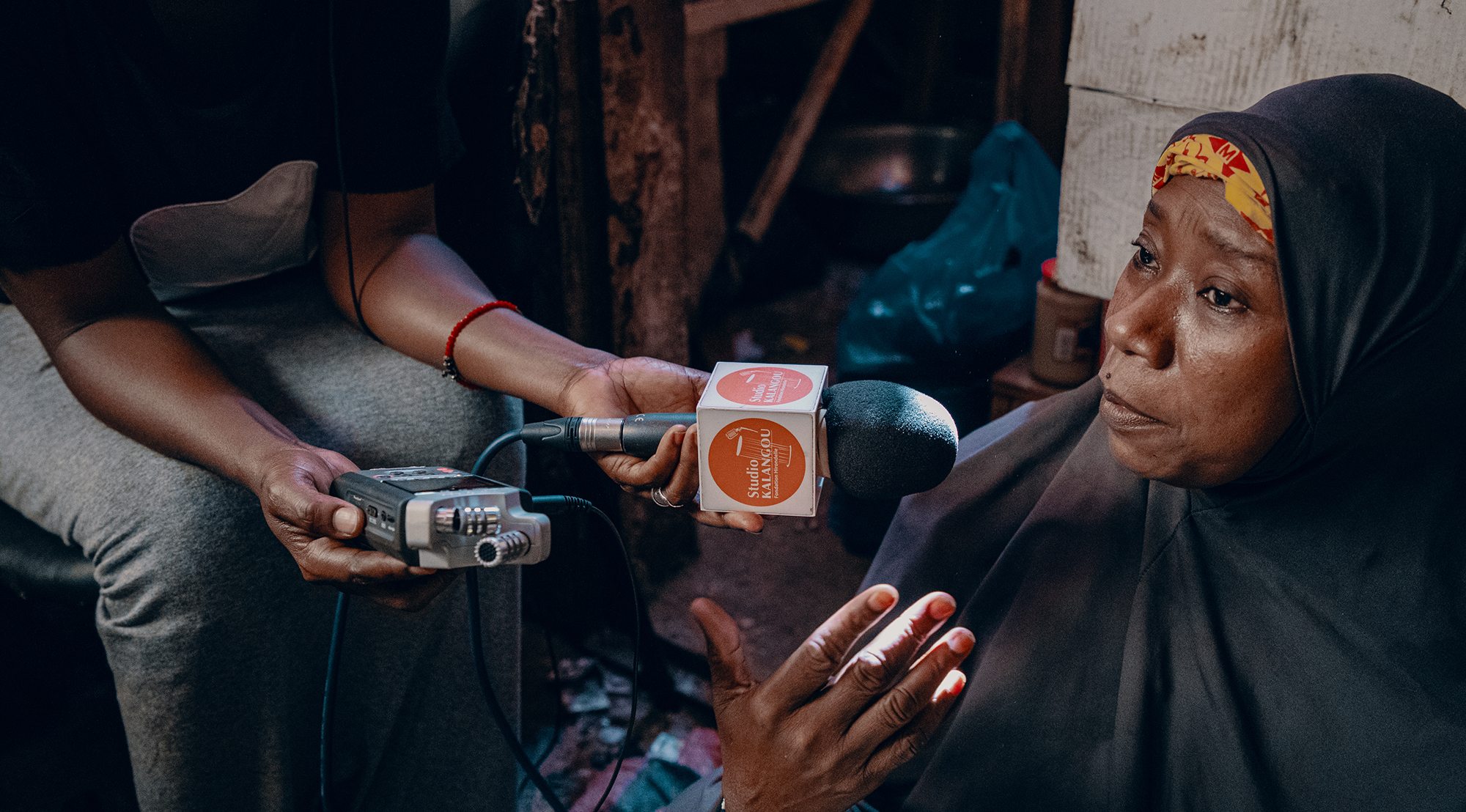Journalists, and the media organizations they work for, have a crucial role to play in achieving target 16. Their work should contribute most notably to achieving target 16.10: ‘Ensure public access to information and protect fundamental freedoms, in accordance with national legislation and international agreements’.
The achievement of this goal, and that of Article 19 of the Universal Declaration of Human Rights, which protects freedom of opinion, expression and access to information, assumes the existence of free media that can do their job and report to the public on matters of public interest in an independent and professional way.
The media are key intermediaries between individuals and the rest of society. They play an important role in the formation of opinions and in shaping society. They connect citizens with what is happening around them and with social, economic, cultural and political institutions. They also provide these institutions with channels for interaction with citizens.
By helping to create a more inclusive and deliberative public sphere, the media can contribute to identifying a society’s shared interests and identities, and to finding consensual solutions to conflicts. The media can also act as ‘watchdog’, speaking up for citizens while challenging political authority and calling the powerful to account. They thus directly defend ‘public access to information’ and help to ‘protect fundamental freedoms’, particularly the freedom of all citizens to express themselves and to obtain information.
It is this role of the media, and of journalism, that Fondation Hirondelle, like other media organizations across the world, has been defending for nearly 25 years. Originally set up by journalists from Radio Suisse Romande, Fondation Hirondelle provides independent factual information, produced on the ground in local languages, to populations faced with crisis, enabling them to exercise their rights and make their voices heard. Fondation Hirondelle’s mission aligns perfectly with SDG target 16.10: it trains and manages teams of journalists in the countries where it works, and supports local media networks to enable them to fulfill their mission of providing information and creating spaces for dialog for the population. This mission is particularly vital today in contexts of major crisis such as the one sweeping the Sahel (where Fondation Hirondelle has set up Studio Tamani in Mali, Studio Kalangou in Niger, and recently Studio Yafa in Burkina Faso), in the Central African Republic (where Fondation Hirondelle set up the country’s first media station, Radio Ndeke Luka, 19 years ago and has been supporting it ever since), and in contexts of humanitarian crisis such as the Rohingya refugee camps in Bangladesh, where Fondation Hirondelle has been training and supporting refugees since 2018 to enable them to produce and broadcast essential information to the refugee populations.


